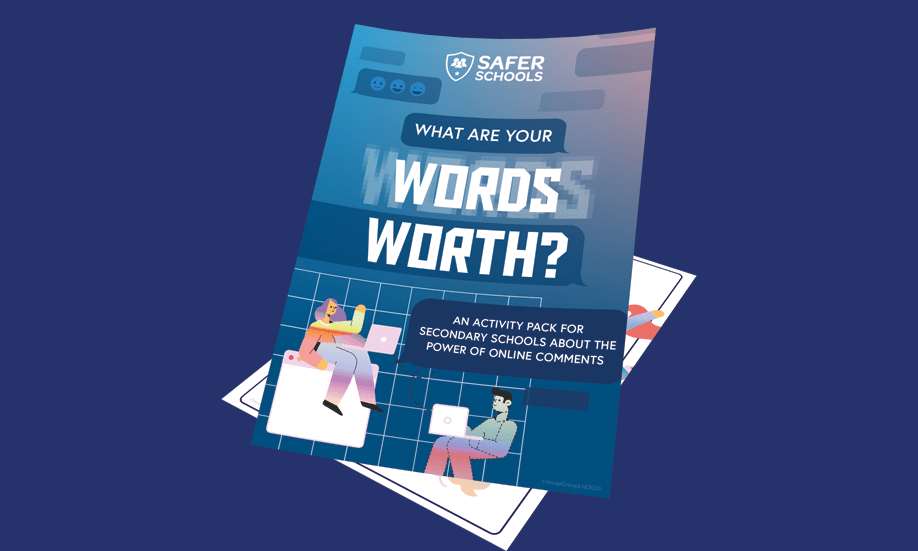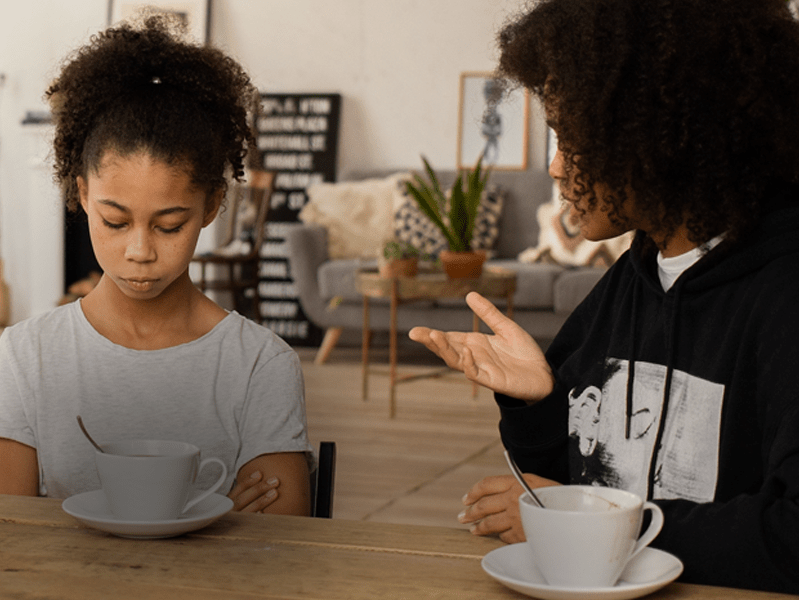Last Updated on 2nd December 2021
You may have heard the term ‘sadfishing’ in the media this week and wondered what it was. This concerning trend is not new, but it does serve as an indicator for the state of young people’s wellbeing online and their attempts to cope.
The term ‘sadfishing’ refers to the act of posting about a personal problem online to gain support or understanding from followers in the form of likes and comments. While there will be some cases where young people will persistently share exaggerated posts to gain sympathy, we need to be cautious with dismissing these behaviours as ‘attention seeking’.
For example, Kendall Jenner recently shared a post about how ‘suffering from acne was debilitating’ for her which was met with both sympathy and controversy.
It’s important that young people are able to talk about how they feel, and some will seek support online from close friends. However, oversharing publicly could be counterproductive for some young people and could make them feel even more vulnerable and overexposed.
If a child in your care engages in so-called “sadfishing” it’s an indication that you need to check in with them and offer some support.
Use open ended questions to start a conversation with a young person in your care:
Use messages of reassurance and highlight other supports:
If a young person struggles to engage:
Information Advice and Guidance
Support for Young People:
Childline
Young Minds (Information and Advice)
Young Minds (Crisis Messenger)
Support for Parents:
Family Lives
Young Minds (Parents Helpline)
Support for Teachers:
NSPCC Child Protection Helpline
Mental Health Foundation (Mental Health Guide for Teachers)
If you have concerns about the immediate safety and wellbeing of a child contact the police using 999 (emergency number).
For more practical advice check out our video below
Join our Online Safeguarding Hub Newsletter Network
Members of our network receive weekly updates on the trends, risks and threats to children and young people online.













